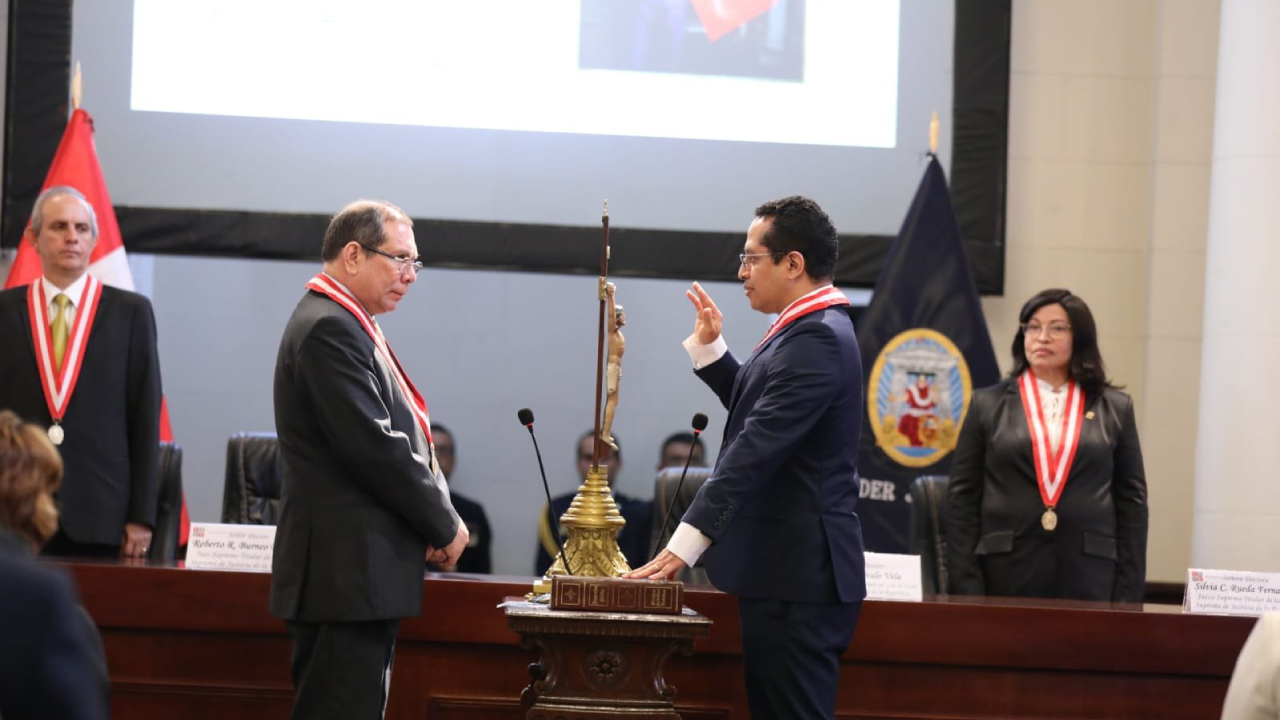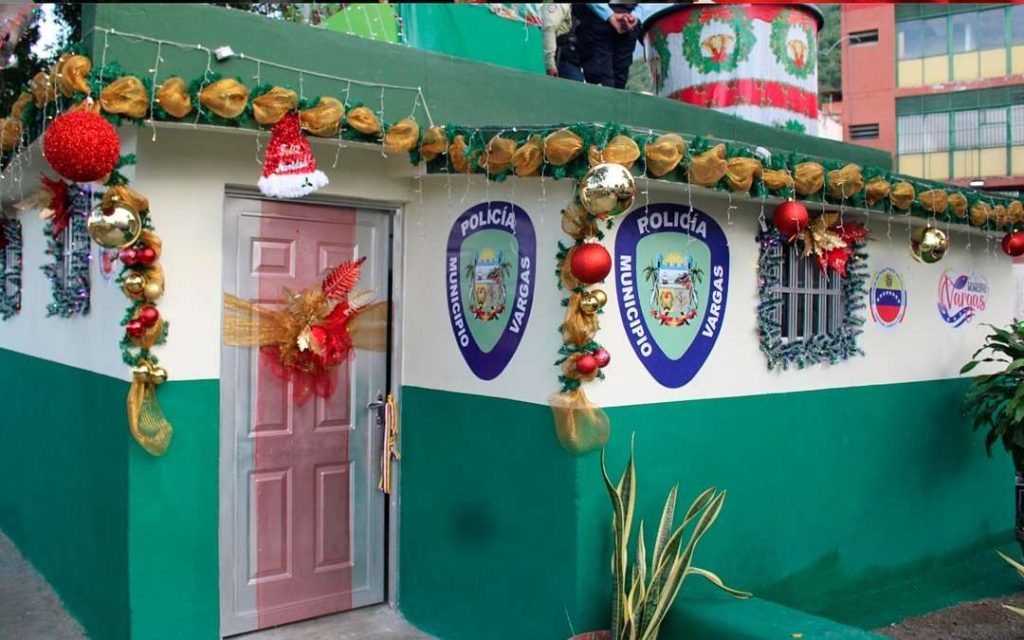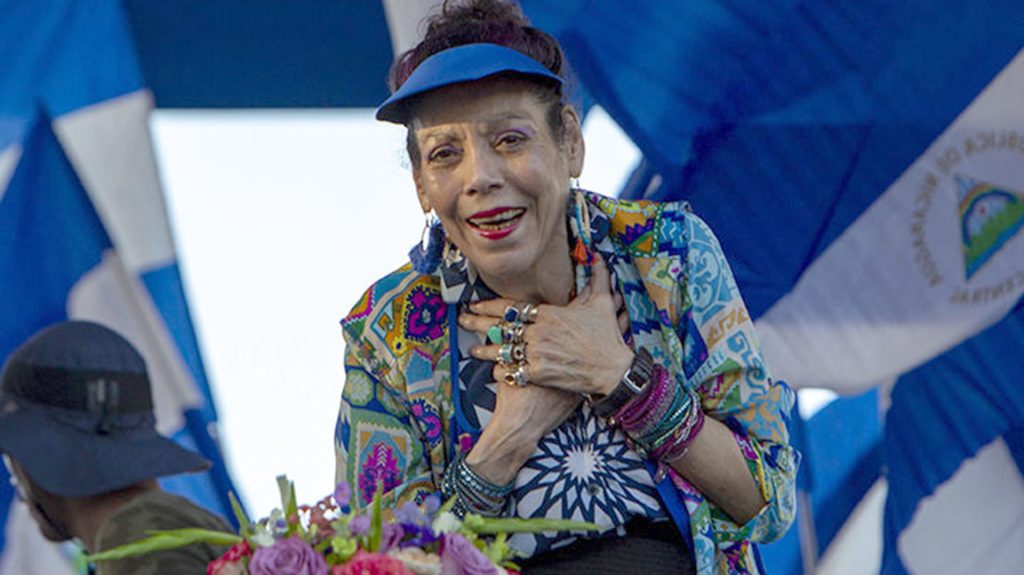The Plenary Session of Congress has approved a constitutional reform that modifies the mechanism for electing the president of the National Election Jury (JNE). The proposal was supported with 87 votes in favor, 23 against and 5 abstentions. This change alters the current tradition, in which the position was held for a period of four years by a representative of the Supreme Court of Justice.
In the absence of the second vote, the newly elected representative of the Supreme Court, chief supreme judge Roberto Burneo He would no longer be directly president of the JNE or he would be so for a short time, unless the full Jury ratifies him in office.
The next legislature, scheduled to begin in March, is expected to be the moment in which this measure is ratified before President Dina Boluarte formally calls the 2026 general election process.
YOU CAN SEE: Congress approves opinion so that the president of the JNE is no longer elected by the Judiciary
The final provision of the opinion indicates that once the rule comes into force, a new head of the JNE will be elected from among the members of its plenary session. This will impact the mandate of Roberto Burneo, a judge representing the Supreme Court, who, in theory, has a mandate until November 2026.
The constitutional reform proposal, promoted by Congresswoman Elizabeth Medina, of the Magisterial Bloc, proposes that the plenary session of the JNE elect its president. Thus the election of the head of the JNE would be in charge of the representatives of the Supreme Courtof the Board of Supreme Prosecutors, of the Lima Bar Association and of the representatives of the universities, one for the public ones and one for the private ones.
In addition, the mandate of the president of the JNE is proposed to be only two years, instead of four years.
YOU CAN SEE: Agustín Lozano’s chats would reveal an exchange of favors with César Acuña: “Humberto (Acuña) will take you an order”
This can lead to a number of legal problems.. For example, the Constitution states that once an electoral process has begun, the composition of the members of the JNE can no longer be modified. In that case, what happens if a president serves two years in the middle of the electoral process?
JNE officials also warn what happens in the event of absence due to travel, leave, vacation or illness of the JNE president. Who replaces him? Although this is not provided for in the current norm, by custom and given that both have the same legal hierarchy, the representative of the Supreme Court assumed the presidency, in case of absence he was replaced by the representative of the Public Ministry.
By establishing a new model for the election of the president of the JNE, it should also be foreseen who replaces him in any eventuality.
YOU CAN SEE: The Judiciary orders the start of a trial against Pedro Castillo and former ministers for a coup d’état
Heads of ONPE and Reniec will not be able to be re-elected again for another period
On the other hand, the opinion issued by the Constitution Commission proposes establishing a fixed period of four years for the terms of the heads of the National Office of Electoral Processes (ONPE) and the National Registry of Identity and Civil Status (Reniec), eliminating the possibility of re-election. Currently, Piero Corvetto and Carmen Velarde, who lead ONPE and Reniec respectively, were ratified in their positions this year by the National Board of Justice (JNJ).
Since the 2021 general elections, in which Keiko Fujimori, leader of Fuerza Popular, experienced her third defeat in a presidential race, her party has promoted legal modifications that could make it easier for electoral bodies to be led by new officials in upcoming electoral processes.
YOU CAN SEE: Minister Julio Demartini assures that Dina Boluarte will not resign due to Nicanor Boluarte’s legal situation
















